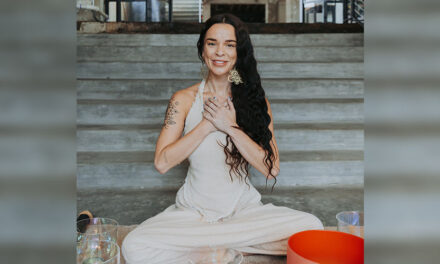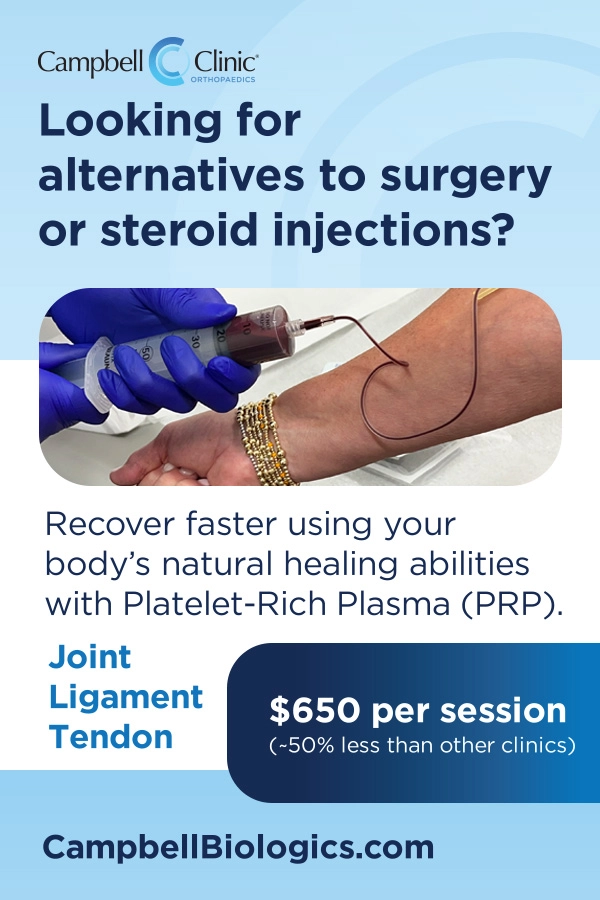Welcoming a new child into the world is never easy, but Kim Levy-Zinn, 41, has had to face more challenges than the average parent. She gave birth to her first child in 2009, but her joy was quickly overshadowed by news from her doctor. Her son Connor was born with a rare condition called Tetralogy of Fallot, which is a combination of four different heart defects.
“You just don’t think you’re going to hear something like that,” she recalls. “When the doctor was telling me he was going to require open-heart surgery, I never felt so devastated in my life.”
Kids Come First
Kim’s dad made some calls around Memphis and found a renowned doctor at Le Bonheur Children’s Hospital who they trusted to do Connor’s surgery. “We actually flew out from California where we were living,” Kim says. “We came here just for my son to have Dr. Knott-Craig do his open-heart surgery.”
Connor’s heart defect required a total repair, and at just 10 weeks old, he sailed through it. Although multiple surgeries are common for this condition, he hasn’t needed another and is now an active 11-year-old who plays soccer and basketball.
“It has changed my life and outlook. Things that people would take for granted, I don’t take for granted at all. It makes me so grateful for the little things in life.”
However, Connor’s treatment wouldn’t be the last time Kim and her family would turn to the doctors at Le Bonheur. Two years later, she welcomed a beautiful baby girl with fiery red hair and a personality to match. She describes Abigail as walking sunshine.
“She is the happiest child,” Kim says about her now nine-year-old daughter. “Anytime she enters a the room, you can’t help but notice her. She literally brings joy everywhere.”
However, that wasn’t the case when Abigail was younger. At six weeks, Kim noticed she wasn’t holding up her head. She wouldn’t sleep or eat and screamed around the clock. They went to countless doctors, and it wasn’t until Abigail had a sudden drop seizure that they learned what was really going on.
“I rushed her to Le Bonheur’s emergency clinic,” Kim explains. “Blood tests showed that she had Angelman syndrome.” It’s a rare neuro-genetic disorder that causes developmental delays, problems with speech, balance issues, intellectual disability, and seizures. On the other hand, many with this condition have happy personalities and friendly demeanors, often laughing and smiling.
“She’s like a little hummingbird. You know how they go from flower to flower really fast? That’s how she is in life,” says Kim. “She lives for her friends and her family. She’s the most verbal nonverbal child. She speaks in so many ways, just not with words.”
Making Time For Herself
Kim’s kids are her top priority, but over the past few years, she has made more space for her own self care. “I focused on my kids being happy and put myself on the back burner,” she says. “I have to take care of myself in order to be able to take care of other people.”
Being strong and healthy for her family is important because her daughter will need her help for the rest of her life. “I have to be her [Abigail’s] voice because she doesn’t have one. If I don’t speak up for her, who will?”
Kim remarried two years ago, and she and her husband, David, enjoy raising their four kids together. Brock, 19, is a University of Memphis student and Riley, 17, enjoys horseback riding and joining Kim at the gym, F45 in Germantown.
“We love that they play loud music there. I love the people who go there. It motivates me when I have people in there who push me in a healthy way,” she says.
Exercise helps Kim work through anxiety and gives her the energy needed to keep up with all of her children. Most of all, she wants to lead by example to show them how to enjoy a healthy lifestyle. “I think it’s important that they know to be healthy, but it’s also okay to eat pizza,” she says. “It’s just all about balance.”
Between taking care of her family, making time for herself, working full time, and enjoying a side hustle managing the social media—Kim admits that it isn’t always easy and grief can be triggered out of nowhere. She has to be mindful of activities and social commitments that might overstimulate her daughter, and that can be isolating.
But Kim prides herself on the fact that she has never let her kids’ diagnoses define their lives.
“I think it’s hugely important to stay positive. It’s helped me help other moms with the same diagnoses later on.” Kim says she gets that positive outlook from her daughter.
“I think we could all learn something from Abigail. I think we can learn to let things go, to have unconditional love, and not sweat the small stuff. We just need to enjoy life.”
By Kelsey J. Lawrence
Photo by Tindall Stephens










